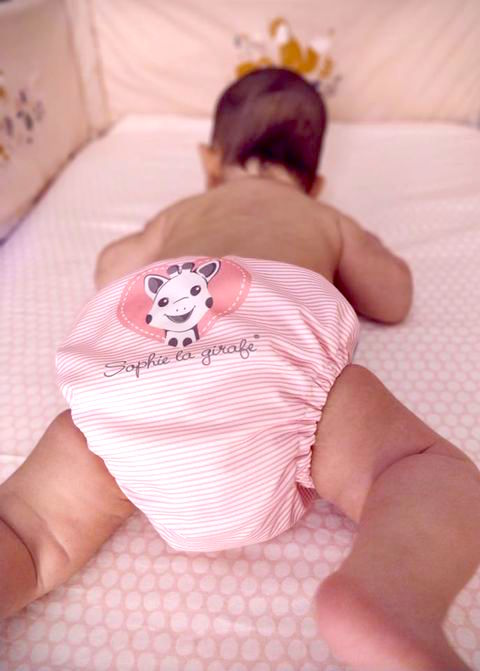By Dr Joseph Mizzi
Infections are the most common cause of fever in children. Vaccines and overheating may also cause fever in young infants. Many illnesses that are associated with a fever are not serious. If your child looks well, is drinking plenty of fluids and continuing to play, there is no need for undue concern. However you should consult your child’s doctor in certain circumstances.

How should I take my child's temperature?
There are several kinds of thermometers available, and the temperature can be taken in different sites. The simplest way to measure the temperature is by using a rapid-reading digital thermometer. Hold the tip of the thermometer firmly in the armpit, with the elbow held against the chest, until you hear the ‘beep’. Take the actual reading - do not add or subtract any numbers. A temperature above 37.5°C or 99.5°F indicates fever.
How can I help my child feel better?
- Keep the child at home to rest and sleep.
- Give your child plenty of fluids to drink to prevent dehydration.
- Paracetamol or ibuprofen can be used if the child seems distressed by fever or pain.
- Make sure that you give the correct dose according to the age and weight of your child.
- Keep the room well ventilated and the temperature comfortable.
- The child should be dressed appropriately for the home environment.
- Sponging your child with cool water is no longer recommended to reduce a fever.
When should I call the doctor?
If your child has fever, you should seek medical advice in the following circumstances.
- Infant less than 3 months, even if the child does not look ill. Babies this young can become very sick very quickly.
- Infant less than 1 year of age, if the child looks unwell (e.g. fussy, clingy, refusing to drink).
- In a child of any age, if the fever is high (>39°C) or the fever persists for several days.
You should also call the doctor if any of these warning signs are present:
- Difficult or rapid breathing
- Recurrent vomiting or diarrhoea
- Purple spots that look like bruises
- Sore throat or earache
- Headache, stiff neck or dislike to light
- Irritability or inconsolable crying
- Unresponsive or difficulty waking
Parents know their children best; check on the sick child often (including during sleep at night), trust your instincts and act fast if the child’s condition deteriorates or if you’re worried that he might be seriously ill.
![]()

Dr Joseph Mizzi MD MRCP MRCPCH is a paediatrician. He graduated in Medicine and Surgery from the University of Malta in 1990 and obtained the membership in the Royal College of Physicians of the United Kingdom in 1997, and subsequently in the Royal College of Paediatrics and Child Health. He practised hospital paediatrics for 25 years. Currently, he works full time in paediatrics in the community.
Dr Mizzi is the author of several scientific papers on childcare. He is a visiting Senior Lecturer at the University of Malta Medical School. He is married to Joanne and they have three children.




